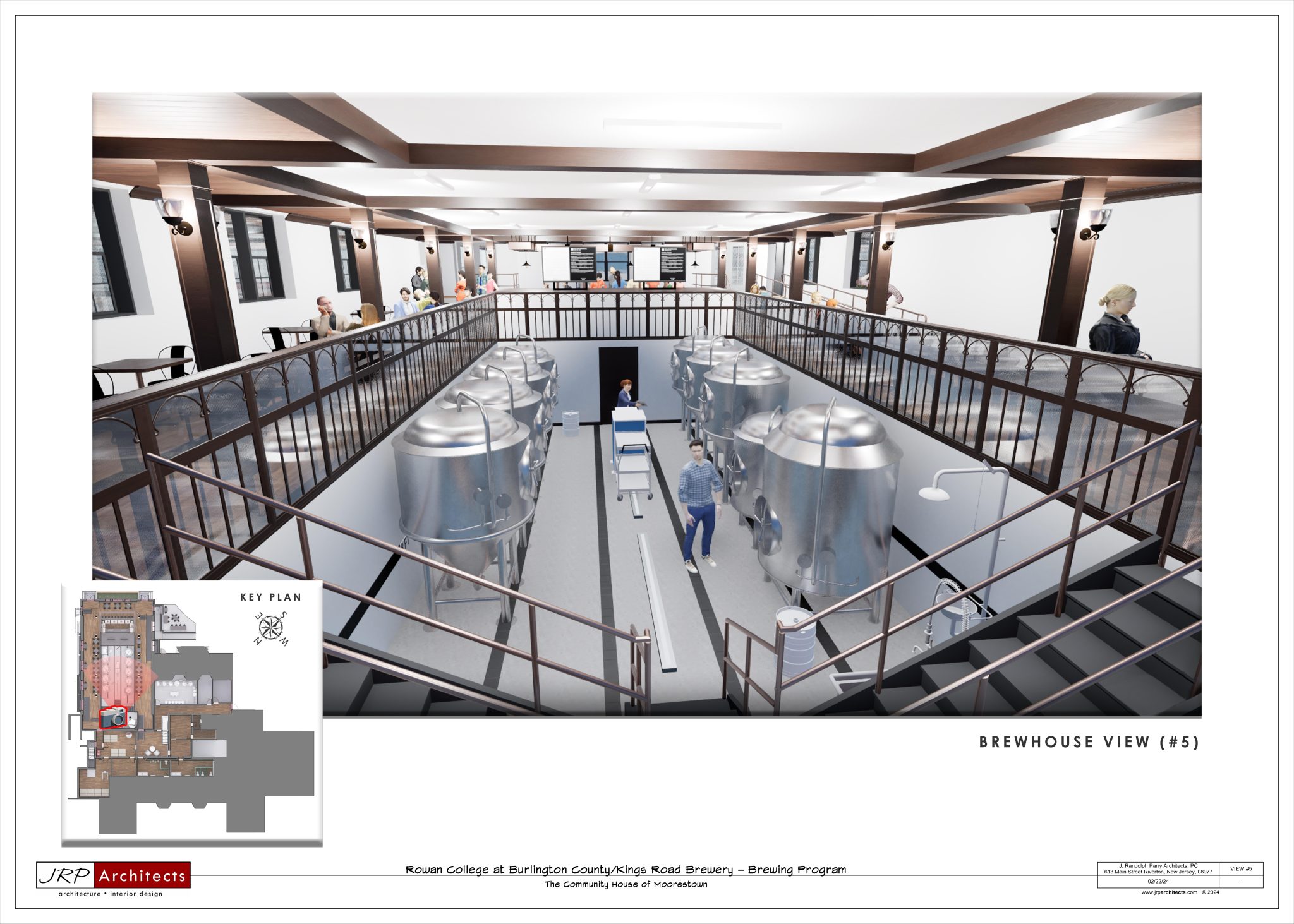With a late-August deadline approaching for municipalities across the Garden State to decide whether or not they will permit the sale of cannabis, Haddonfield seems to be taking a strong, definitive stance fairly quickly.
During its June 22 public meeting, the board of commissioners voted to approve an ordinance upon first reading that will amend previous land development legislation and prohibit the operation of any cannabis-related business within town boundaries.
Back in November, New Jersey voters approved a ballot measure that amended the state’s Constitution to allow for the legalization of marijuana for adults 21 years or older
Subsequently, in late February, Gov. Phil Murphy signed legislation to permit recreational use of marijuana by adults, while establishing a comprehensive regulatory and licensing standard for commercial recreational cannabis operations, use and possession.
State municipalities currently face two main choices: either opt in and allow cannabis sales by Aug. 21, or opt out by that date. Those that opt in cannot reverse that decision for the next five years. Those that elect to opt out will be allowed to reverse that stance and opt in at any time. Should any municipality fail to take action, it would be treated as an opt in.
“We consider this an opt out,” Mayor Colleen Bianco Bezich said on June 29.
“When we initially evaluated this, it was, number one, from a public-safety perspective, trying to find out if it’s even a possibility to locate recreational cannabis in town because of the proximity to our schools,” she explained. “Geographically, it may be impossible.”
A key passage within the legislation reads: “The Board of Commissioners … has determined that, due to present uncertainties regarding the potential future impacts that allowing one or more classes of cannabis business might have on New Jersey municipalities in general, and on the Borough of Haddonfield in particular, it is at this time necessary and appropriate, and in the best interest of the health, safety and welfare of … residents and members of the public who visit, travel, or conduct business in the Borough of Haddonfield, to amend zoning regulations to prohibit all manner of marijuana-related land use and development within the geographic boundaries of the Borough of Haddonfield.”
Thanks to a May election that saw two new members elected to borough governance, Bezich acknowledged there simply wasn’t enough time to explore the issue and come to a favorable conclusion.
“If regulations come out favorably in other locations, and if the three of us (the commissioners) are interested, we would explore it,” Bezich continued. “Even if we were in favor, we don’t know what the regulations are like (at present), and we don’t have the mechanisms in place to create our own regulations to properly permit it.”
Bezich could not recall any substantive discussions about cannabis sales that involved former commissioners Neal Rochford and Jeffrey Kasko prior to the election. But she did say Rochford mentioned marijuana sales for medicinal, rather than personal use, during a previous meeting earlier in the year.
Public comment directly to commissioners has been suspiciously quiet. Bezich admitted she would have to do a deep search to uncover any emails, but she remembered receiving one handwritten letter on the matter.
“I think there is a shift, generationally, but also in the reality of living through the original War on Drugs and those of us who have experienced loss,” Bezich offered. “There is also a shift in the way people talk about marijuana. But no one has, to me, expressed ‘Yes we want it here’ or ‘No, you shouldn’t allow it.’”
While Bezich did not specify if she or former commissioners Roche and Troy were personally in favor or against marijuana use or cannabis sales, the borough leader admitted it was an easy decision for the trio to hit the brakes.
“I think from the lack of framework, we agreed it would not be feasible. We don’t know what we don’t know. Why be subject to the unknown?” she said.
Second reading and public comment are expected to occur at the commissioners’ next public session on July 19.




